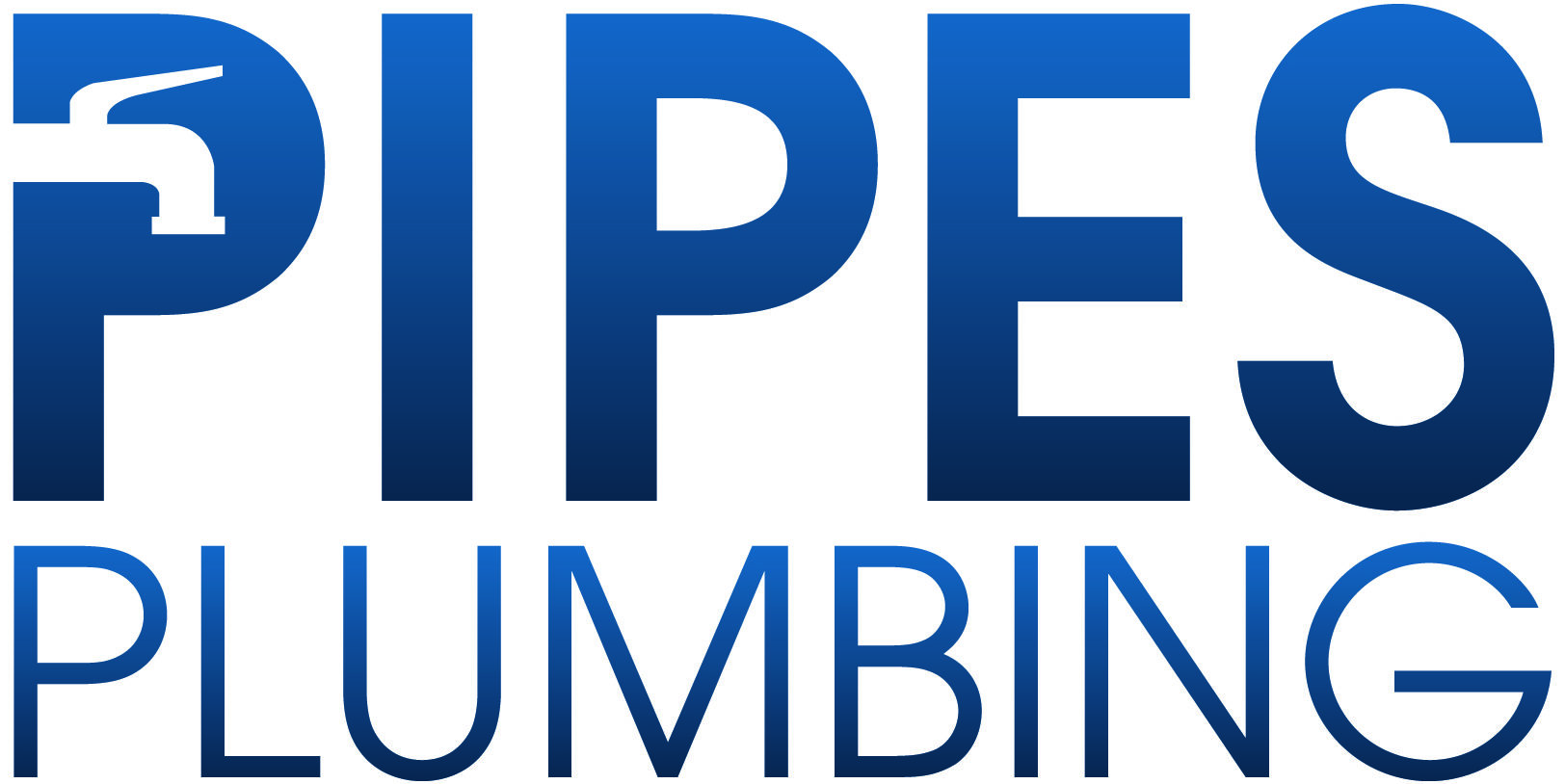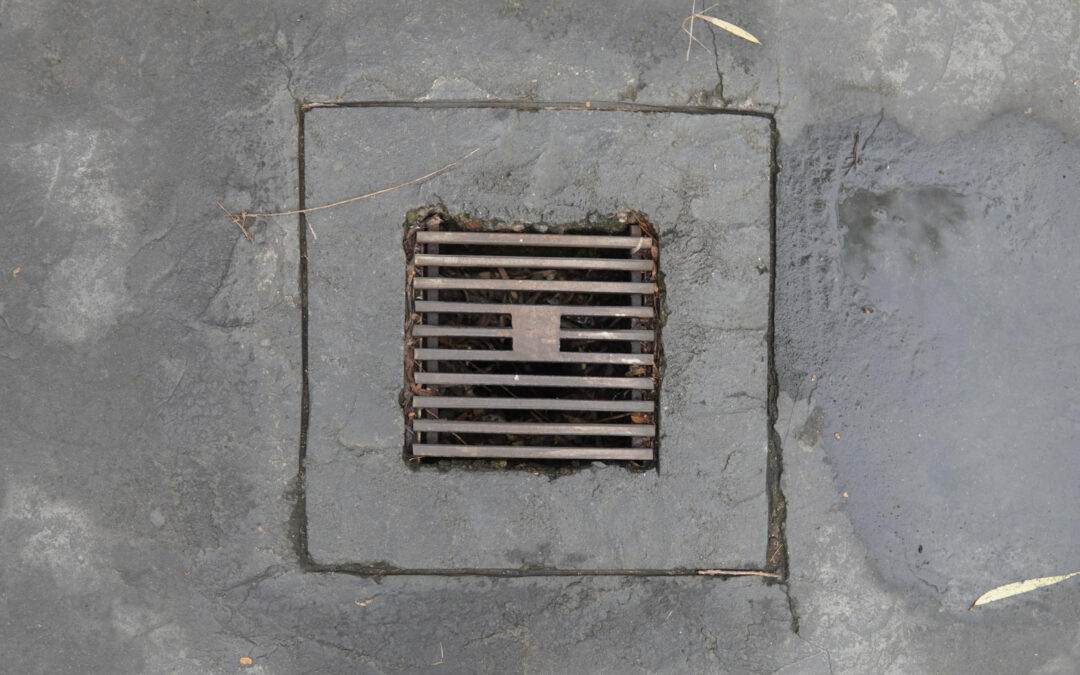As experts in plumbing and heating, we know the frustration and inconvenience that can arise from a blocked or slow-running drain. Understanding how your home’s drainage system works is the first step toward maintaining it effectively. The pipes that run through your home are like the veins in your body, they need to remain unobstructed to work at their best. Whether you’re dealing with a kitchen sink, a shower drain, or the main sewer line, all play crucial roles in managing wastewater efficiently.
Daily routines significantly impact the health of your drain systems. Small habits, such as what goes down the drain, can significantly prevent blockages. Moreover, knowing when and how to perform basic maintenance can extend the life of your drains and prevent costly repairs. However, it’s just as important to recognize when a problem is beyond a simple DIY fix and professional help is required.
Within this framework, we’ll dive deeper into each aspect, offering practical advice tailored for homeowners who want to keep their plumbing running smoothly without constant calls to professionals. By following these straightforward strategies, you can dramatically reduce the likelihood of drain issues and ensure your plumbing system functions optimally.
Understanding Your Home’s Drain System
Every home relies on a network of pipes and drains that work tirelessly to direct waste and water away from the property. It’s essential to grasp how these components function to maintain them properly. Your household’s drain system primarily consists of two parts: the upper fixtures and the drainage pipes.
The fixtures are what you see every day: sinks, toilets, bathtubs, and showers. Beneath these, hidden away, is a complex system of piping that transports wastewater to your septic system or the city sewer. These pipes are angled to use gravity to move water down and out of your home, ensuring efficient waste removal. Knowing the layout and function of these components helps in identifying where problems might occur and how to address them effectively.
Daily Habits to Prevent Drain Blockages
Preventing drain blockages starts with altering daily habits and being mindful of what goes down your drains. Here are simple but effective ways to keep your drains clear:
- Use Drain Strainers: Invest in quality strainers for all your sinks and showers. These catch hair, food particles, and other debris, preventing them from clogging your pipes.
- Avoid Grease: Never pour cooking oil or grease down your kitchen sink. These substances solidify in the pipes and create stubborn blockages. Instead, let grease cool in a container and dispose of it in the trash.
- Flush Responsibly: The only things that should go down your toilet are human waste and toilet paper. Avoid flushing products like wet wipes, feminine hygiene products, and cotton swabs, as they do not break down and can quickly block pipes.
- Run Hot Water: After using your sink, it helps to run hot water down the drain for a minute or two. This can help clear away any new deposits, keeping your drains flowing smoothly.
Adopting these habits will significantly reduce the risk of clogs and blockages in your home’s drainage system, ensuring smooth operation and fewer plumbing headaches. Remember, prevention is always more manageable and less costly than the cure.
How to Safely Clean Your Drains
Keeping your drains clean is not just good for reducing blockages, it also extends the life of your drain system. But, it’s important to clean them safely to avoid damaging the pipes or harming yourself. Start by using natural cleaners like baking soda and vinegar, which are effective and do not pose the same risks as chemical drain cleaners. Pour a cup of baking soda followed by one cup of white vinegar down the drain, let it fizz for ten minutes, and then flush with boiling water. This mixture can help break down minor clogs and residue without the harshness of chemicals.
For more stubborn clogs, you can use a plumber’s snake. This tool allows you to remove blockages deep within the pipes physically. It’s better to use physical methods like this than to rely on chemical solutions that can corrode your pipes over time. If you’ve tried these methods and still face issues, it may be indicative of a deeper problem requiring professional attention.
When to Call a Professional for Drain Maintenance
Sometimes, despite your best efforts, you’ll need to call in a professional to ensure your drains are maintained correctly. If you notice persistent bad odours, slow drainage, or recurrent clogs, it might be time to get expert help. Professional plumbers have specialized tools and techniques that can diagnose and fix deeper issues that simple home methods cannot. For instance, they can perform camera inspections to visually inspect the inside of drain pipes and identify issues like root intrusions or severe obstructions.
Moreover, arranging for regular professional drain cleaning can prevent the buildup of severe blockages and catch potential problems before they escalate into major repairs. We recommend setting up an annual check-up for your home’s drainage system to keep everything running smoothly.
Conclusion
Ensuring your home’s drains are in top working order is key to maintaining your home’s overall health and efficiency. You can keep your plumbing in excellent condition by understanding how your drain system works, adopting daily habits to prevent blockages, using safe cleaning techniques, and knowing when to call in the expert plumbers in Ottawa. Remember, your drains’ health greatly impacts your home’s comfort and functionality.
At Pipes Plumbing, we are committed to helping you keep your home running efficiently. If you need further assistance with maintaining your drain system or if it’s time for your regular drain maintenance, don’t hesitate to reach out to us. Let’s ensure your plumbing system performs at its best, providing you with security and peace of mind.

